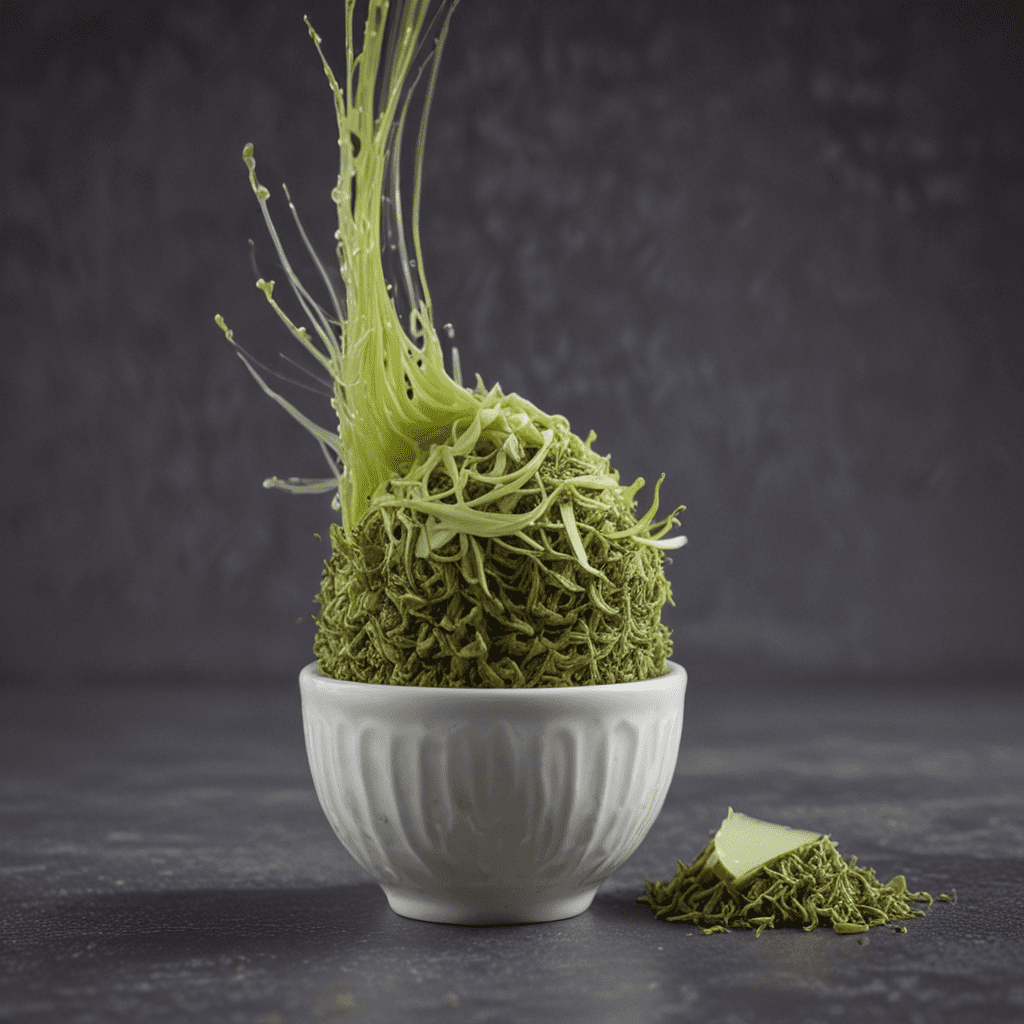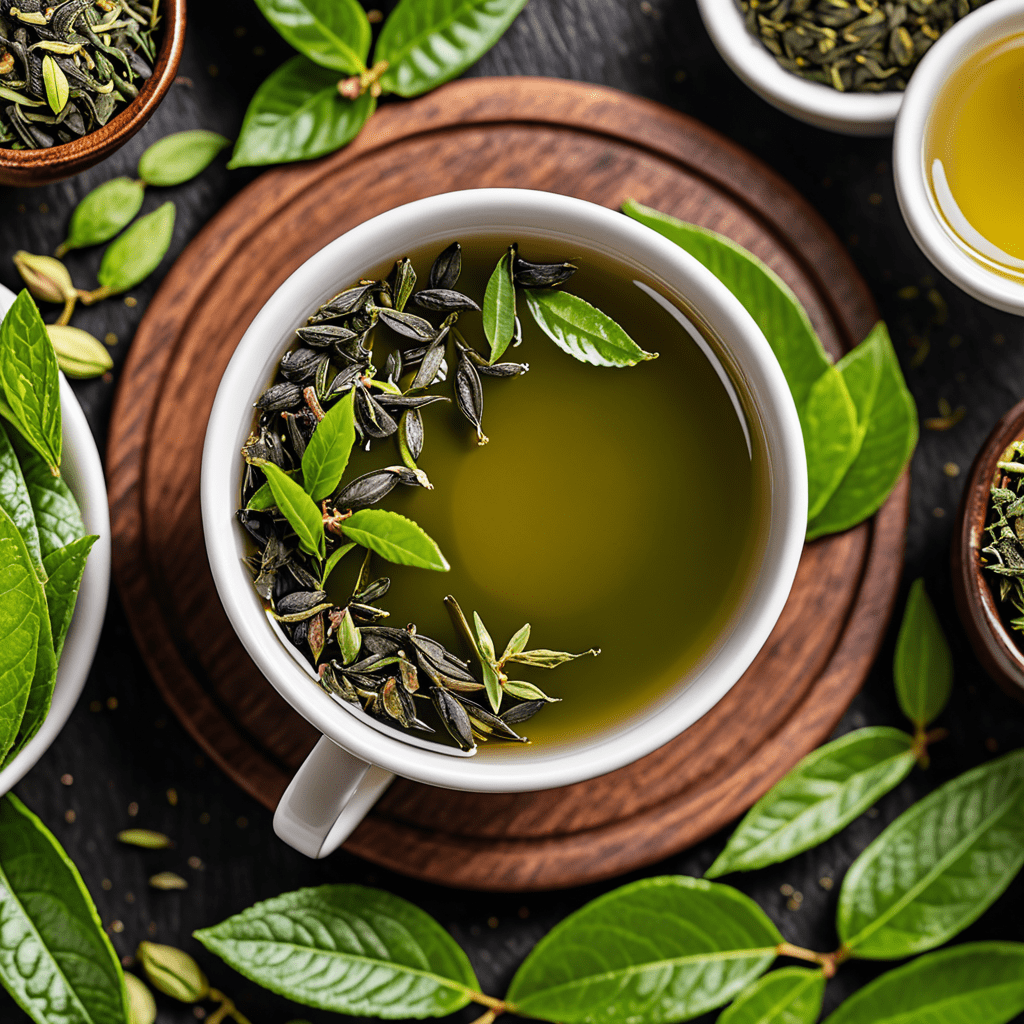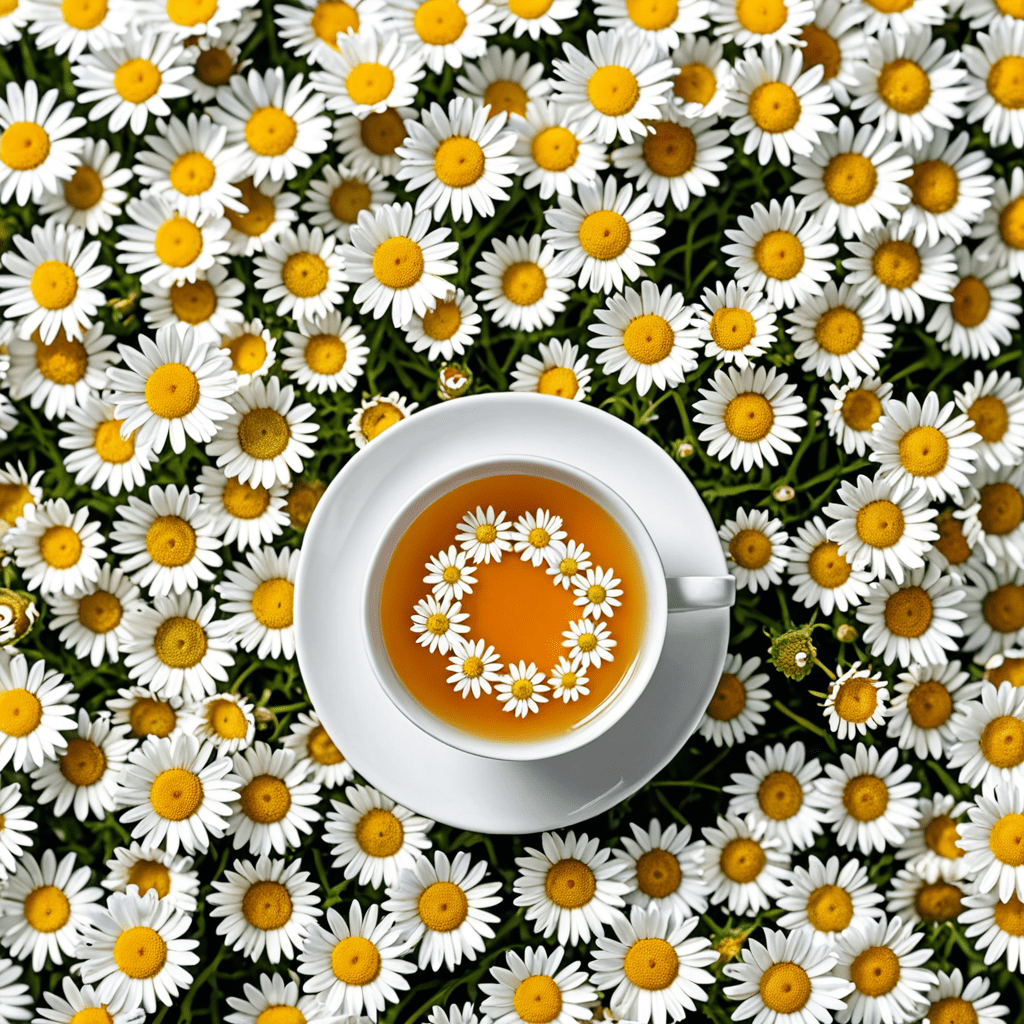1. Introduction: The Rise of Matcha
Matcha, a powdered form of green tea, has gained immense popularity in recent years as a health and wellness supplement. This vibrant green powder is revered for its exceptional nutritional profile and potential cognitive benefits. Matcha's unique cultivation process, where tea plants are shaded before harvesting, results in a higher concentration of beneficial compounds compared to regular green tea.
2. Matcha vs. Green Tea: Unveiling the Differences
While both matcha and green tea originate from the Camellia sinensis plant, matcha undergoes a distinct production method. Matcha is made by grinding the entire tea leaf into a fine powder, unlike green tea, which involves steeping the leaves in hot water. This difference in processing leads to a more potent concentration of nutrients in matcha, including polyphenols, antioxidants, and amino acids.
3. Matcha’s Unique Composition: A Symphony of Beneficial Compounds
Matcha's reputation as a superfood stems from its rich composition of bioactive compounds. Catechins, a type of polyphenol, are abundant in matcha and have been associated with antioxidant and anti-inflammatory properties. Matcha also contains high levels of L-theanine, an amino acid known for its calming and mood-enhancing effects.
4. Matcha’s Impact on Cognitive Performance: Enhanced Memory and Learning
Studies have demonstrated the positive impact of matcha on cognitive performance. L-theanine, a key component of matcha, has been found to improve memory, attention, and learning. Matcha's caffeine content, when combined with L-theanine, creates a synergistic effect that enhances alertness and concentration without the jitters associated with caffeine alone.
5. The Neuroprotective Powers of Matcha: Shielding Against Neurodegenerative Diseases
Emerging evidence suggests that matcha may have neuroprotective properties, potentially reducing the risk of neurodegenerative diseases. Its high antioxidant content combats oxidative stress, protecting brain cells from damage. Additionally, matcha may promote the growth of new neurons, supporting brain health and longevity.
6. Matcha and Mood: A Balancing Act for Mental Well-being
In addition to its cognitive benefits, matcha has also been linked to improvements in mood and emotional well-being. L-theanine, present in high levels in matcha, reduces stress and anxiety by interacting with dopamine and serotonin receptors. These calming effects, combined with matcha's caffeine content, create a balanced and focused state of mind. Research suggests that regular matcha consumption may alleviate symptoms of depression and promote overall psychological well-being.
7. The Role of L-Theanine in Matcha's Brain Boosting Effects
L-theanine is an amino acid unique to tea plants and is responsible for matcha's distinct calming properties. It counteracts the stimulating effects of caffeine, offering a sense of relaxation without drowsiness. By increasing the production of alpha waves in the brain, L-theanine promotes cognitive flexibility, allowing for effortless switching between tasks and improved problem-solving abilities.
8. Caffeine and Matcha: Uncovering the Synergistic Relationship
Matcha contains caffeine, a stimulant that provides a burst of energy and alertness. However, unlike coffee or black tea, matcha's caffeine is released gradually, thanks to the presence of L-theanine. This combination prevents the jitters and crashes commonly associated with caffeine consumption. The sustained energy provided by matcha is ideal for extended periods of focus and concentration.
9. Matcha as a Lifestyle Supplement: Incorporating It into Your Daily Routine
Incorporating matcha into your daily routine is simple and versatile. You can whisk matcha powder with hot water to prepare a traditional matcha tea. Its vibrant green hue and earthy flavor add a touch of elegance to your tea time. Matcha can also be added to smoothies, lattes, or baked goods for a nutritional boost and an extra flavor dimension.
10. Conclusion: Matcha's Promise as a Cognitive Enhancer
Matcha, with its unique composition of L-theanine, caffeine, and antioxidants, stands as a potent cognitive enhancer. Its well-documented effects on memory, learning, focus, and mood make it an exceptional supplement for individuals seeking to optimize their mental performance and overall well-being. Research continues to unravel the potential benefits of matcha, suggesting its place as a valuable addition to a healthy and balanced lifestyle.
Frequently Asked Questions (FAQs):
How much matcha should I consume daily?
- The recommended daily intake of matcha varies depending on individual sensitivity to caffeine. Start with 1-2 cups (2-4 grams of matcha powder) per day and adjust as needed.
Is matcha safe for pregnant women or children?
- Due to its caffeine content, matcha should be consumed in moderation or avoided during pregnancy or by children. Consult a healthcare professional for guidance.
Can matcha be taken with other supplements or medications?
- Matcha may interact with certain blood thinners, antidepressants, or medications that affect heart rate. Always consult a healthcare professional before combining matcha with other substances.



